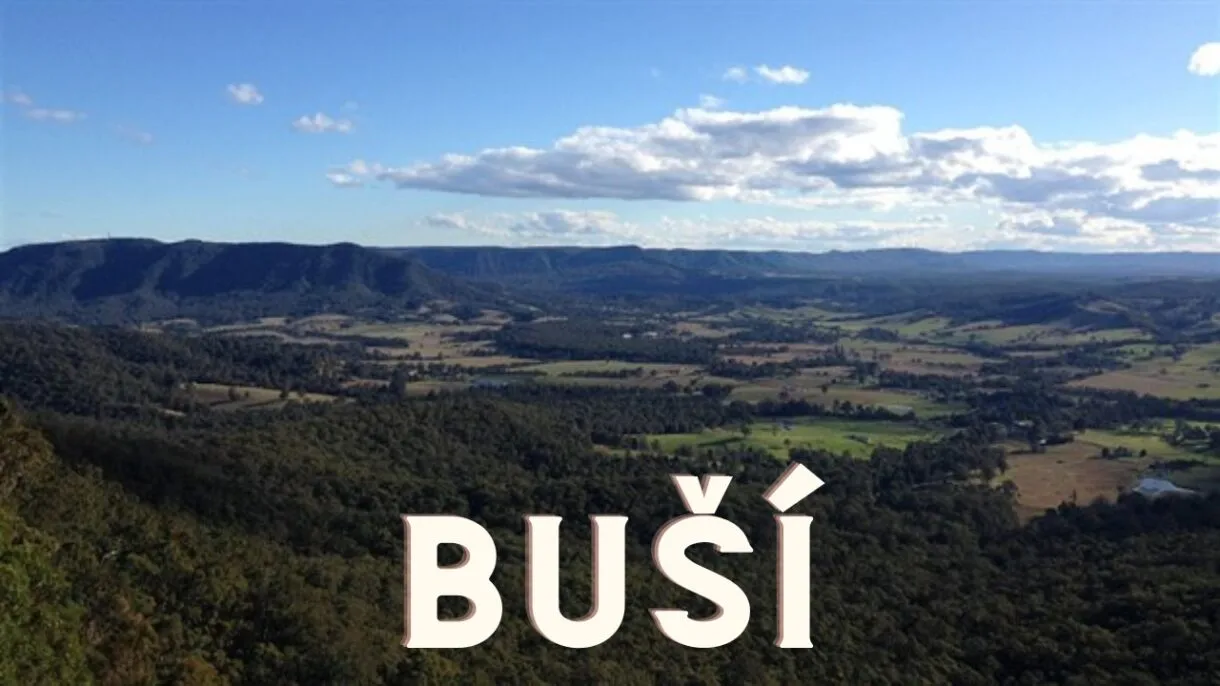Have you ever come across the word “buší” and wondered what it means? You’re not alone! This word, with its interesting origins and diverse uses, can be quite a mystery. But fear not, fellow word explorers! Today, we’ll embark on a journey to unveil the many meanings of “buší.”
Where Does “Buší” Come From?

The word “buší” has a fascinating history. It’s believed to originate from the Romani language, a language spoken by the Roma people, also known as Gypsies. The Romani word “buša” translates to “to spoil” or “to waste.” This meaning hints at the negative connotations “buší” can carry in certain contexts.
The Many Faces of “Buší”
“Buší” isn’t a one-trick pony. It can take on different meanings depending on the context and region. Let’s delve into the most common uses:
A Messy or Unruly Place: This is perhaps the most widespread meaning of “buší.” Think of a cluttered room, a disorganized desk, or a messy backyard. You could say, “My room is such a buší, I can’t find anything!”
Someone Messy or Unruly: Similar to the previous meaning, “buší” can describe a person who is disorganized, unkempt, or careless. For example, “He came back from the camping trip looking like a total buší!”
Someone Who Wastes Things: Remember the Romani origin? This meaning reflects the idea of spoiling or wasting something. You might say, “Don’t buší your food, people are starving in the world!”
A Negative Attitude or Behavior: In some cases, “buší” can refer to a negative or disruptive attitude. It can describe someone as argumentative, disrespectful, or simply unpleasant. Here’s an example: “Stop with that buší behavior, it’s not getting us anywhere.”
A Regional Delicacy (Surprise!): Believe it or not, “buší” has a positive meaning in some regions! In parts of Eastern Europe, particularly Bulgaria, “buší” refers to a delicious pastry filled with cheese or pumpkin. Sounds yummy, doesn’t it?
Is “Buší” Offensive?

The offensiveness of “buší” depends on the context and your relationship with the person you’re talking to. It can be a mildly critical term for someone a bit messy, but it can also be more harsh when describing someone’s attitude or behavior.
Here’s a tip: If you’re unsure about using “buší,” it’s always better to err on the side of caution and choose a more neutral word.
Let’s Get Interactive: A Quiz for the Buší Enthusiast!
Ready to test your newfound knowledge of “buší”? Take this short quiz and see if you can identify the correct meaning in each sentence:
- After the kids’ birthday party, the living room was a total buší. a) Delicious pastry b) Messy place (Correct!) c) Argumentative person
- Don’t buší your water, there are people in drought-stricken areas who would love to have some. a) Waste (Correct!) b) Organize c) Appreciate
- My grandma makes the most mouthwatering buší filled with sweet pumpkin filling. a) Negative attitude (Wrong! This is a regional meaning specific to Eastern Europe) b) Delicious pastry (Correct! This meaning applies to specific regions) c) Messy person
Beyond Buší: Exploring Similar Words
The world of languages is full of synonyms! Here are some words that share similar meanings with “buší” depending on the context:
- Messy: Cluttered, untidy, disorganized
- Unruly: Disobedient, out of control, disruptive
- Wasteful: Extravagant, squandering, careless
- Negative: Pessimistic, critical, unpleasant
The Final Word on Buší
By now, you’ve hopefully gained a solid understanding of the word “buší” and its diverse meanings. Remember, language is all about communication, so choose the meaning that best fits the situation and your audience.
So, the next time you encounter “buší,” you’ll be a word wizard, ready to decipher its true meaning or also visit the news section!

